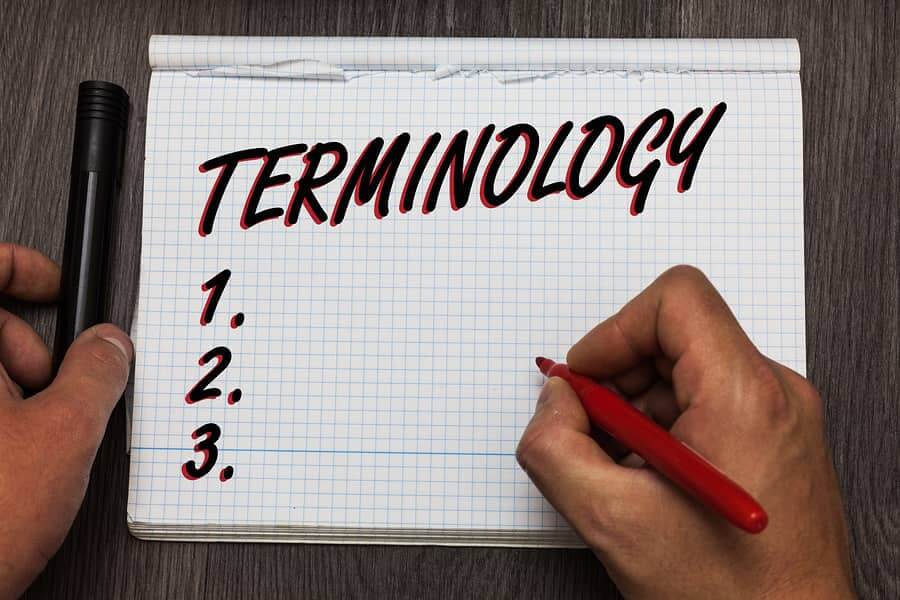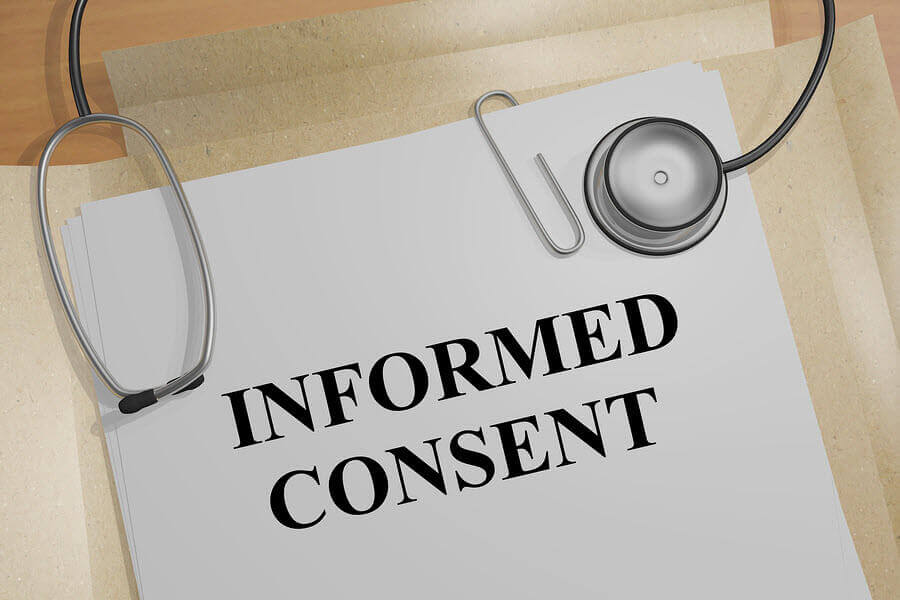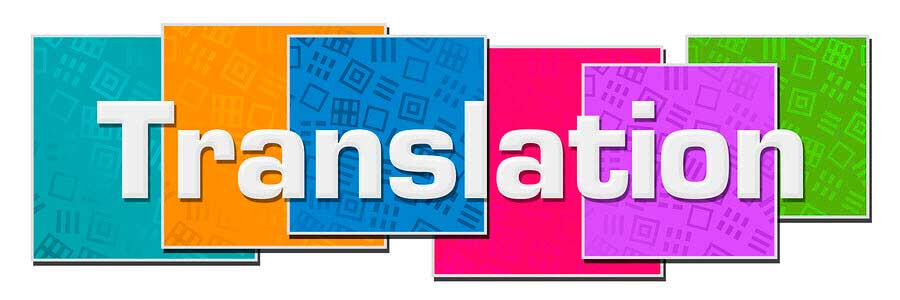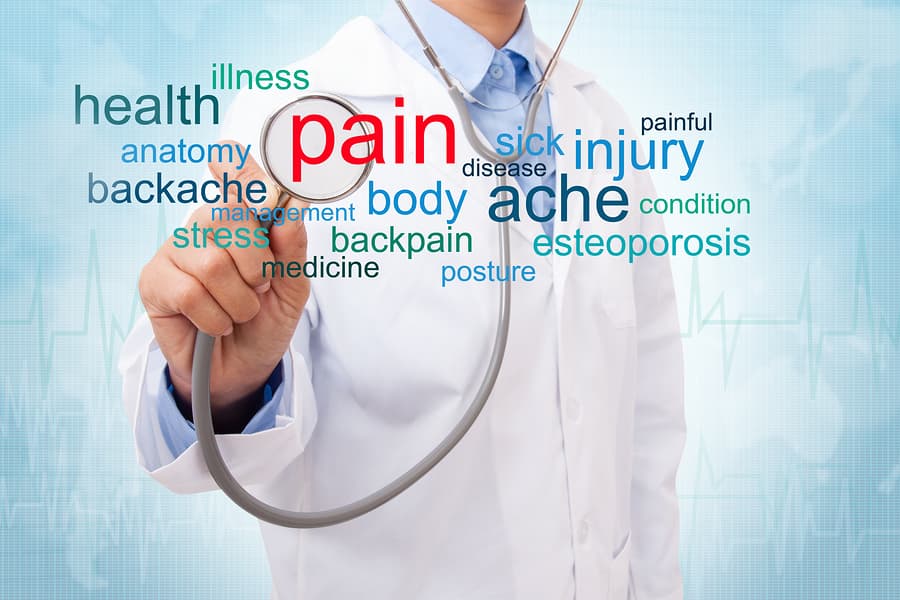Generally, people don’t have much interest in treating medical matters with a sense of humour as normally health issues are a sobering affair. This doesn’t mean the medical profession doesn’t use some strange term.
What are the Problems of Translation and its Solution
Translation isn’t a natural process, so any languages that need to be translated should be undertaken by experienced translators who know both the source and targeted languages well. One of the common challenges in translation is having a deep understanding of not just the language but also the culture of the two languages that need […]
The Importance of Informed Consent in Healthcare Translation
Consent for a medical procedure is an important part of patient care. It is common these days for people who are in need of healthcare to not necessarily be fluent in the language of the healthcare provider. How then can the patient give consent unless he or she understands the choices they have? The types […]
The Signs of a Good Translator and a Good Translation
What is a Good Translation? Translators often worry about their skills as professional translators and ask themselves “what is a good translation?” Here are four signs of what could be termed a good translation.
How Document Translation Can Revolutionise the Medical Industry
The healthcare sector knows how important a proper medical translation is and how useful interpreting services are. Both of these services improve the medical outcomes of patients.
Information about the International Conference for Medical & Health Sciences
The main theme of the International Medical Conference 2018 is to discuss advances in research that have taken place in relation to Public Health, Medical and Medicine Sciences in order to provide better healthcare services to society. The conference’s aim is to include the most important issues in medicine, medical and health sciences under multiple […]
English Concepts That Don’t Translate Well Into Other Languages
The Oxford English Dictionary endeavours to store all known English words and now has some 600,000 words and 3.5 million quotations in its book of English phrases and concepts. There are so many distinct words that don’t have any equivalents in other languages that these languages borrow them and use them as part of their […]
Telehealth: The Importance of Medical Translators in Telemedicine
Telehealth involves using video to communicate with patients who lack the language skills to communicate with health providers in their own language is set to alter the way healthcare providers interact with their patients.
Medical Translation Problems and Solutions That You Should Consider
Medical translations are some of the most difficult to complete by an ordinary translator and need the skills of a specialist. It’s preferable that anyone who attempts to take on a medical translation task should have some sort of medical qualification so that they have firsthand knowledge of the medical terminology which is most frequently […]
Basic Medical Terminology is the Healthcare Community’s Language
Why is Medical Terminology Important to Healthcare System or Workers Medical terminology is the language used by healthcare providers to help them become involved in fruitful shared experiences when it comes to administering health care. The language is not only used by nurses and doctors but it is equally important amongst all workers in the […]










